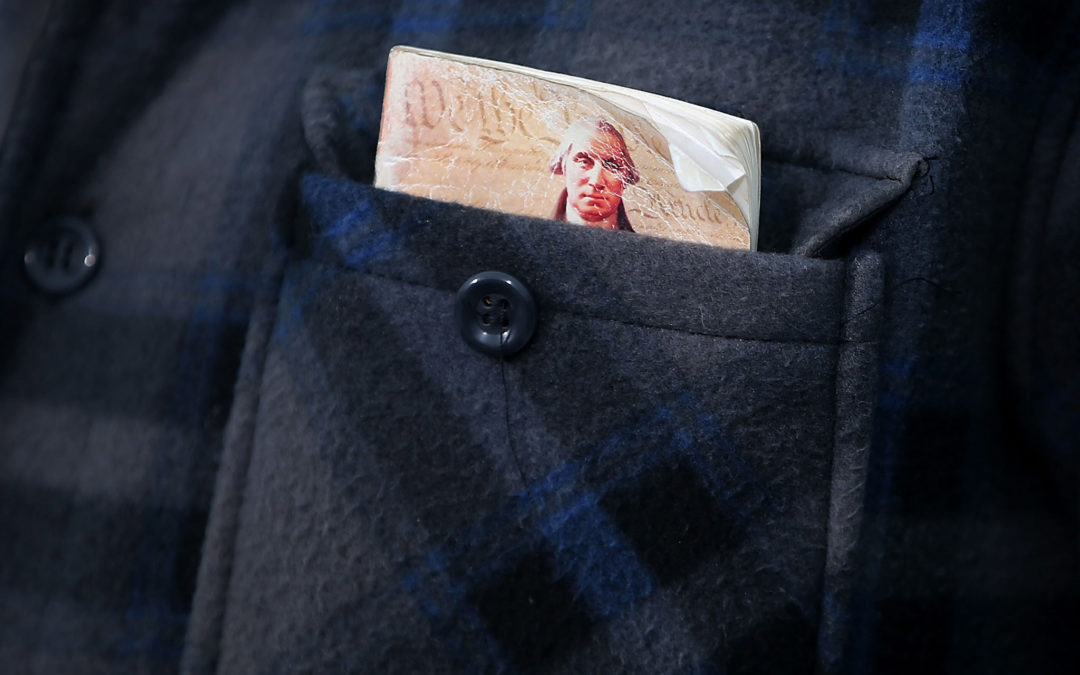I remember when Congress actually had good manners and I almost got a chance to cite the Constitution in traffic court.
Many years ago, from within a culture of politeness, I watched the U.S. Congress impeachment proceedings of Richard Nixon. Now, 45 years later, this culture of politeness in Congress doesn’t exist, but back then it seemed to have several benefits.
I got a job in the office of Senator Charles “Mac” Mathias (R-MD) as his mail clerk. My “office” was directly behind the wall that separated me from the receptionist and everybody else.
After several months, I got a chance to demonstrate my enthusiasm. The Senator knocked on my door and told me he had a “special assignment” for me.
He told me that there was a lobbyist right on the other side of that wall who was sitting in the receptionist area. The lobbyist had just threatened to pull all of his airline clients out of BWI unless the Senator voted in favor of a bill that would be considered by the Senate that afternoon.
The senator told me to take the lobbyist to the Senate dining room and take detailed notes on what he wanted.
I straightened my tie, went through the door, and introduced myself.
After a brief moment, the lobbyist looked me over and asked me, “What exactly is your job title?”
I proudly told him, “I am the mail clerk!”
He thanked me, declined my invitation to the Senate dining room, and left.
One of the benefits of this culture of politeness was it encouraged good manners without public reprimand.
The Senator eventually took pity on me and I became his driver.
Back then, the Senate was bipartisan and the senators got along. We filled up the back seat with the likes of Kennedy from Massachusetts and Tower from Texas. We all listened to the political news in the car together on WTOP.
Despite often radically different points of view, this civility grew from a collective belief that these representatives were exercising a shared power. It made sense. This responsibility of shared power allowed a culture of compromise and progress that we have not seen since the country has been polarized.
There was a reverence on both sides for the Constitution. Mathias always had a copy in his coat pocket.
No one was immune from this culture, including me. One time as we were headed to Washington from the western part of the state, Mathias leaned over to me, turned down the radio, and said, “We can pick it up a little. You are going to law school. If we get pulled over, you will be able to cite the Constitution to the officer.” Mathias smiled as he patted his coat pocket. “It is illegal to hinder a member of Congress on the way to a vote.”
I never asked him for the chapter and the verse. I just drove a little faster. It just made sense.
